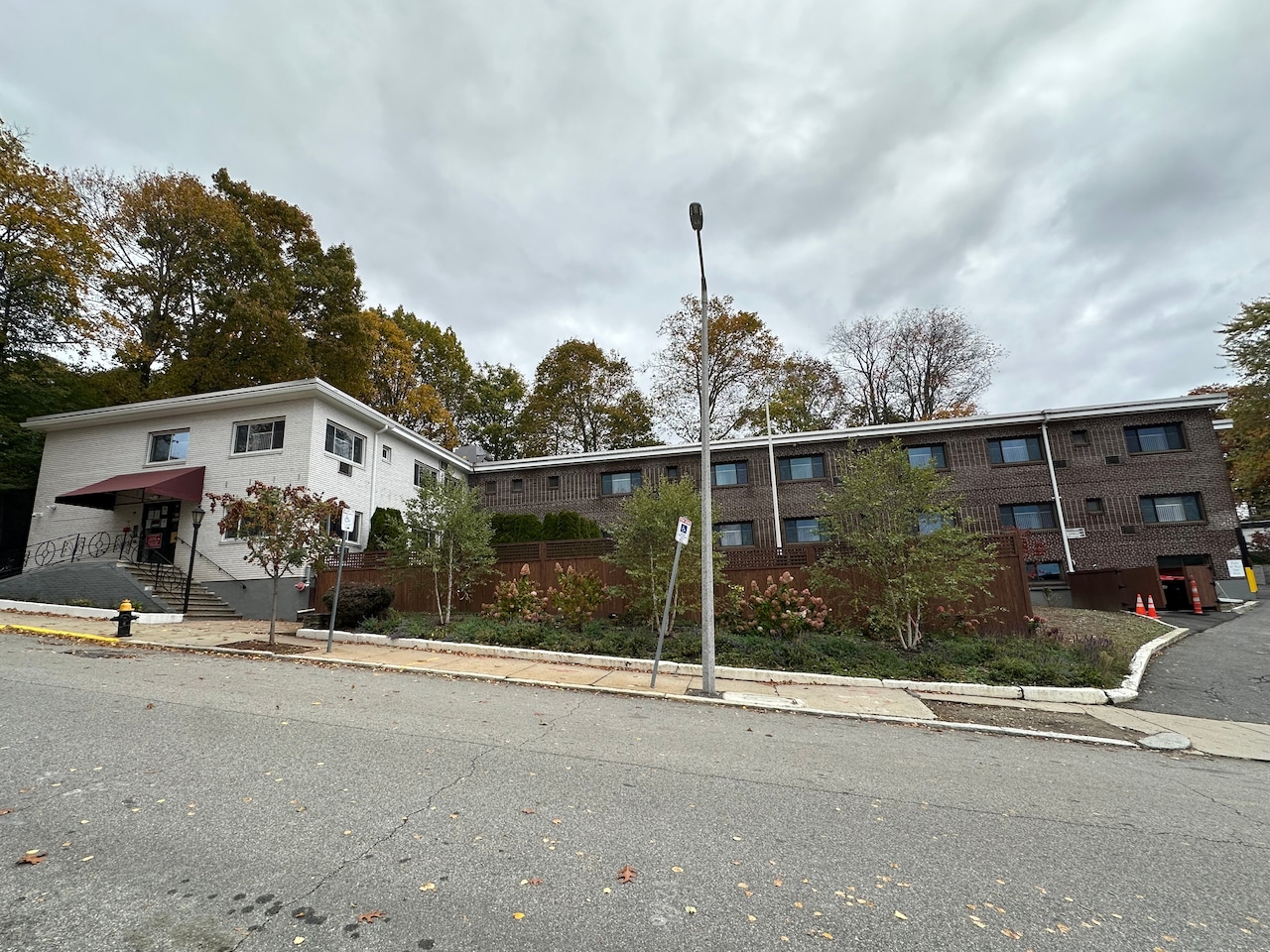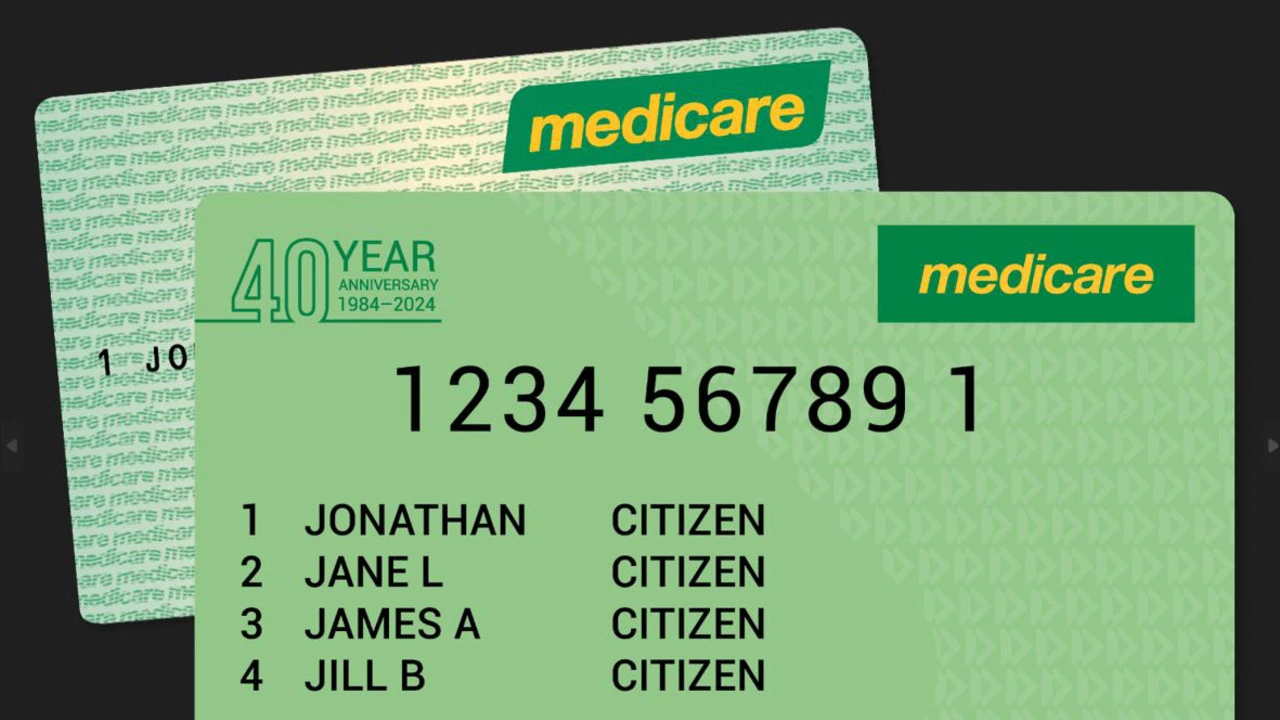Copyright MassLive

Just hours after Boston’s Zoning Board of Appeals voted 6-1 to allow a new family shelter in West Roxbury last week, neighbors filed a lawsuit in an attempt to stop it. The shelter, opening in a vacant former nursing home at 5 Redlands Road — near the intersection of Centre Street — was initially expected to open in July on the one-way residential street. It’s been held up by a vocal group of neighbors who are attempting to use the city’s zoning code to prevent what others call much-needed housing in the community. Neighbors have accused the shelter providers of misleading city officials and even doctoring documents to win approvals, while the providers themselves say they are well within their rights to operate the shelter. “Zoning is the backbone of neighborhood democracy. It is democracy pushed down to the street level. It gives the neighbors a seat at the table,” said attorney Kevin Cloutier, who is representing the opposing neighbors, during the Oct. 28, 2025, ZBA hearing. “That process has been cut out of this.” At the same time, supporters and some elected officials — including Mayor Michelle Wu and Gov. Maura Healey — have said the state-run shelter would meet the needs of struggling families in the Boston area. New use for an old nursing home Making Opportunities Count, a Fitchburg-based nonprofit shelter provider, filed for permits from the city earlier this year to open the shelter. The proposed facility will accommodate families experiencing homelessness — up to 120 individuals — through the state’s Emergency Assistance program. Officials from the nonprofit say the former Stonehedge Nursing Home, which closed in 2022, has the facilities necessary to house and support families as they work toward permanent housing. A previous plan for the property would have created a three-story, 30-unit apartment building, according to Universal Hub, but the developer withdrew it. The bottom floor of the building will be used for staff offices and shared spaces, including kitchen and laundry facilities. The remaining floors will be residential space for around 40 families. The proposal quickly met with mixed opinions. About 100 people attended a heated community meeting about it in May, the Boston Globe reported at the time. Many argued that the property could not support that many residents without burdening the street. They worried that a homeless shelter, located near the intersection of Centre Street, would raise safety and security concerns. The Redlands Manthorne Willow Neighborhood Alliance started a petition to stop the project, which had received more than 1,100 signatures as of Monday, and a GoFundMe to raise money for legal fees. “This large institutional facility is not appropriate for the site. Similar shelters have been proven unsafe, ineffective and are being phased out statewide,” the organization wrote on its website, referring to the state ending its use of hotels as emergency shelters. Neighbors who spoke at the Oct. 28 Zoning Board of Appeals hearing said they were concerned about the property owners’ application, the zoning and the potential effects on the community. “The whole neighborhood would just kind of go down, meaning there would be so many people on the street, you don’t know who’s actually going to be living there,” said a Redlands Road resident who identified herself as Rosie, adding she is worried about safety issues at the shelter. “I just don’t want that for the people there or us ... If there’s too many people all together in one spot, something could happen.” But not all neighbors oppose the project, and several testified in support at the hearing. “Unfortunately, I think a lot of the people who are against the shelter are trying to find zoning loopholes to be against it because they don’t want any outside people living in our community,” Julia Hansen, a Redlands Road resident, said. “I say that if it’s fine with the zoning, I’m very happy to have these people as my neighbors and in my community.” Questioning the zoning Making Opportunities Count and the property owner, Berkshire Investments, say the shelter is allowed at that location under the city’s zoning code, meaning they don’t need neighbors’ support to seek variances to open. Boston’s Inspectional Services Department initially rejected the permit application in July, citing several zoning violations, according to court documents. But in September, when Berkshire Investments said the violations were either inaccurate or had been corrected, Inspectional Services approved the permit. But that assessment has been strongly disputed by neighbors, who claim the shelter team misled the city to cover up zoning violations that would require them to apply for variances. Shortly after the permit was approved on Oct. 28, neighbor Stephen Marsh filed an appeal, sending the project to the city’s Zoning Board of Appeals. The central argument hinges on whether the building would be used as “congregate living,” as the proponents described it in their permit application, or as “homeless shelter/transitional housing.” While these designations may sound similar, the two uses are treated differently in the zoning code. Congregate living, which provides shared kitchen and bathroom spaces for residents, is allowed by right, with a variance required only if people will be living on the ground floor. However, if the property owner intended to use the building as a homeless shelter or transitional housing, they would be required to apply for a variance. The appeal and lawsuit argue that the building is a homeless shelter, but Berkshire Investments attorney Paul Rufo said during the hearing that the key difference between the two is the length of time residents stay there. A homeless shelter or transitional housing typically provides overnight or up to 30 days of housing, while congregate living is for a more extended period. According to Colby O’Brien, vice president of programs at Making Opportunities Count, the average time a family spends in emergency shelter is currently 258 days. “The families that live at 5 Redlands will be members of the community. They will shop at the same stores, visit the same parks, participate in the same community events and local schools just like any other neighbor,” O’Brien said. Cloutier also accused Berkshire Investments of changing planning documents after Inspectional Services initially denied the permit. He said they went from describing the building as two stories with a basement to three stories, to avoid saying they would have congregate living on the ground floor, and changed the width of the driveway from 9 to 10 feet so it would appear to be the required width. “Changing the words doesn’t mean you’re compliant. It just means you’re concealing the actual truth about the layout of this property and where the actual living quarters would be,” Cloutier said. Rufo and owner Alex Burk denied Cloutier’s allegations. When the building was initially classified as two stories with a basement in the 1960s, Burk said, Boston had not yet written its zoning code. The ground floor was not sufficiently below grade to qualify as a basement, but the description was never updated, he said. Rufo added that they had measured the driveway and found it to be 10 feet, consistent with older site plans, but believed the plan originally submitted stated 9 feet due to a computer error. In response to additional claims that the plans did not provide the minimum required parking, Rufo explained that, as affordable housing, the shelter was subject to lower parking requirements than other residential property. City sides with shelter The Zoning Board of Appeals ultimately voted to deny the neighbors’ appeal. Board member David Collins, the lone dissenting vote, said he believed the property owners misled Inspectional Services. Other board members, however, explicitly stated that they believed it was important to get the shelter operational “This is urgent, given the time. People are struggling right now, and it’s about to get worse,” board member Giovanny Valencia said. The board has not yet issued a written decision, and the shelter operators still need to obtain a certificate of occupancy from Inspectional Services to open, a process that typically includes facility inspections. The lawsuit, filed shortly after the Oct. 28 hearing, names the property owners, Inspectional Services and the Zoning Board of Appeals. The plaintiffs, including six individual residents of the neighborhood and the nearby restaurant West on Centre, asked the court to issue an injunction to stop the shelter from opening while the case plays out. But lawyers for the property owners and the city said in court documents that there is no reason for an injunction, as the plaintiffs have failed to show that they will be harmed by the shelter opening. They called the neighbors’ claims “threadbare” and “speculative,” adding that all residents will be expected to undergo background checks, serious sex offenders will be barred and only families with children or a pregnant member will be allowed. “Plaintiffs ... hypothesize that the future residents of the facility will endanger the neighborhood and drive down property values because of their inherently dangerous status as individuals experiencing housing instability,” lawyers for the city wrote. At an unrelated event this month, before the Zoning Board hearing, Mayor Michelle Wu said she understood residents’ frustration that the decision was made without input from the city, but that housing families in adequate facilities was an “important goal” for both Boston and the state. “Boston will always do our very best to support families who are in need, families who are trying to just raise their kids and contribute to the community,” she said. “At the same time, it is important to have processes in place that give people information, get questions answered so that it doesn’t lead to rumors or gossip that then turn into misinformation and a lot of confusion or even unnecessary, unfounded fears about what might happen.” Gov. Maura Healey, too, said recently that the shelter was needed and that the state Executive Office of Housing and Livable Communities, which operates the shelter system, has had multiple conversations with the city about it. “These are Boston families. These are women and children, and they’re from here, and they still need a place to go. They may have found themselves temporarily homeless or not able to make a rent payment and faced eviction,” she said. “That’s what our emergency system is all about.” Politics editor John Micek contributed reporting for this story.



